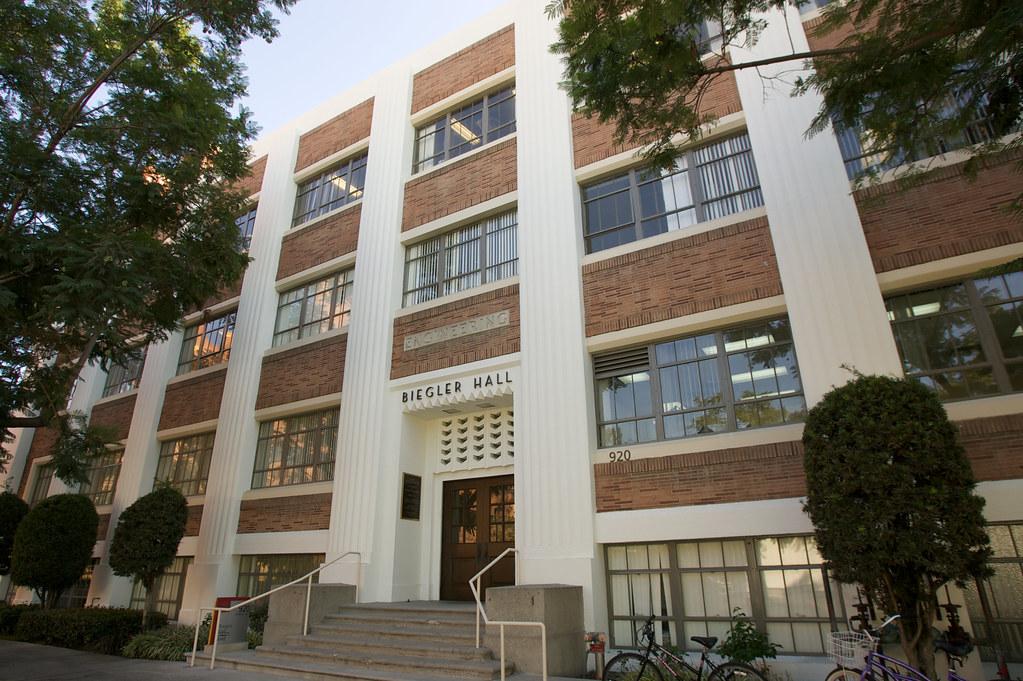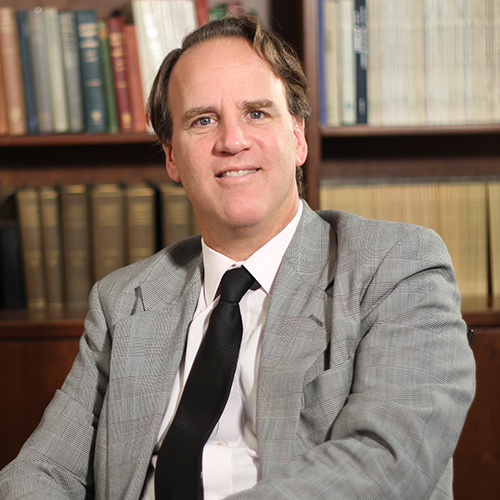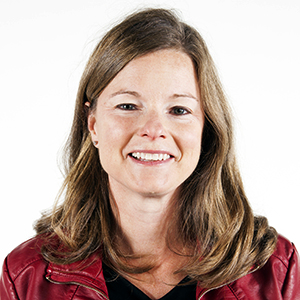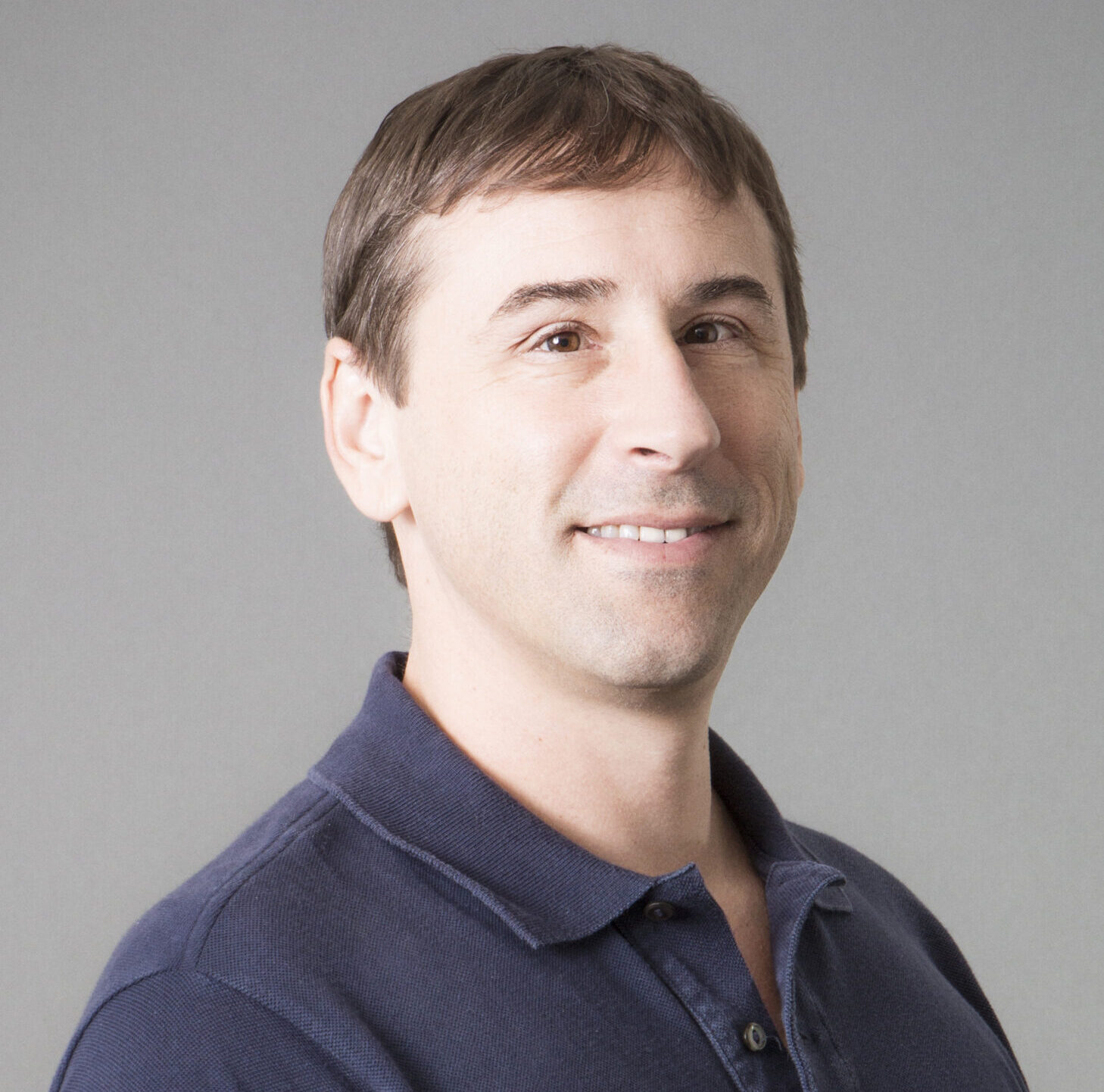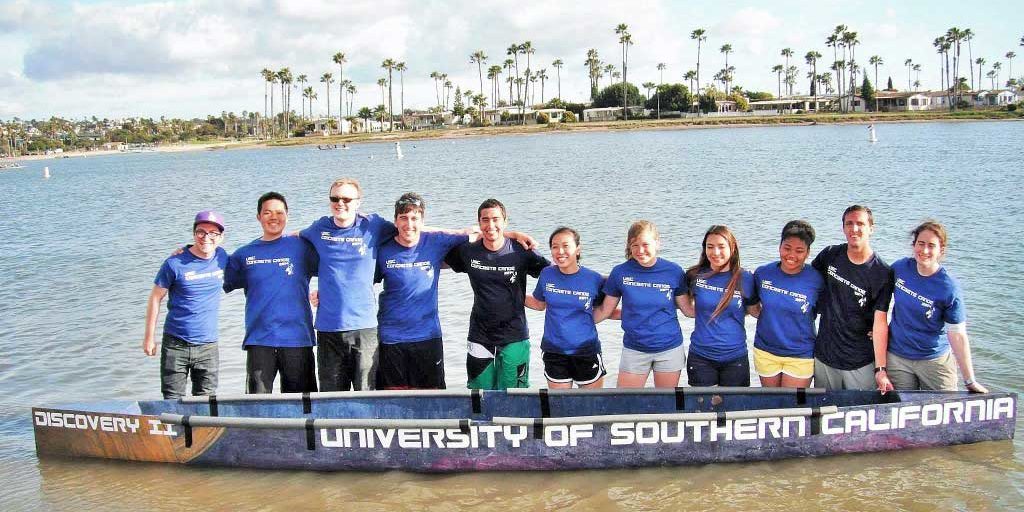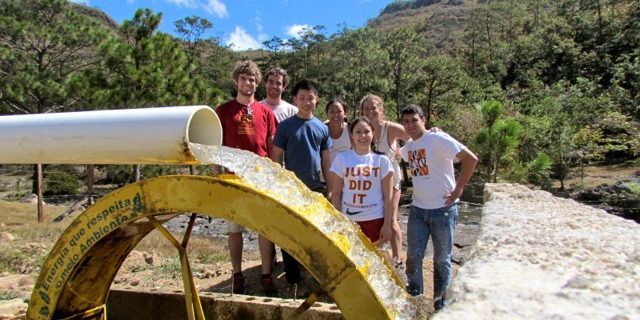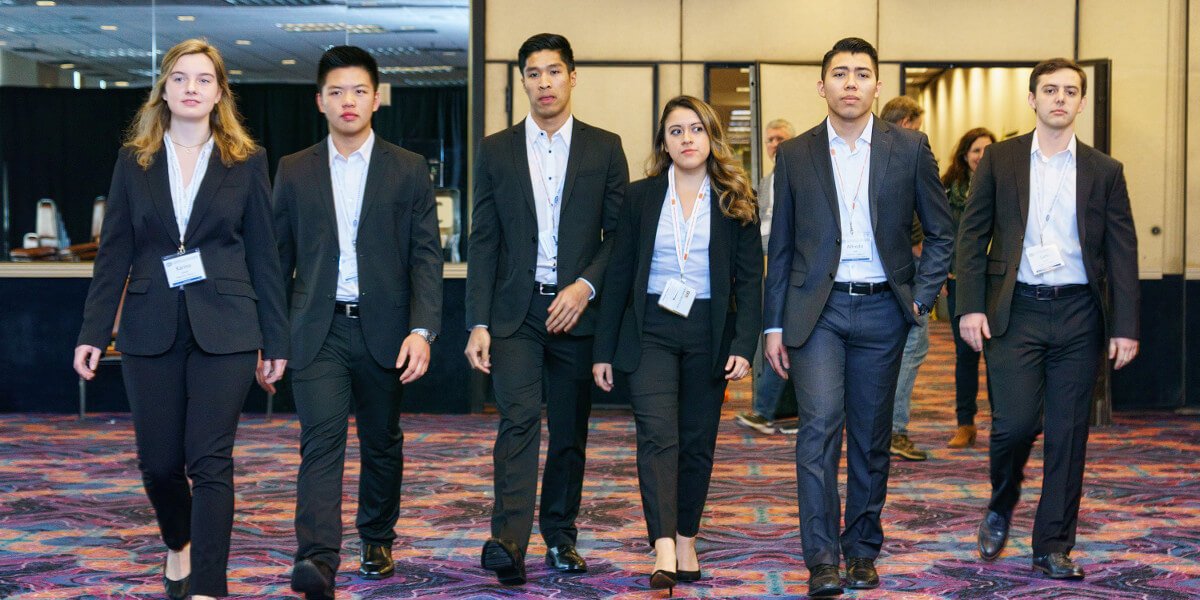Hear From our Faculty
Check out our recent faculty roundtable discussion that was held with four of our Sonny Astani Department of Civil and Environmental Engineering (CEE) Faculty members – Professor Amy Rechenmacher, Professor Jiachen Zhang, and Professor Thomas Petersen. This roundtable will discuss what the major is, the courses each faculty teach, research they conduct and the discipline of join us to discuss the courses they teach, the research they conduct, and the discipline of Civil and Environmental Engineering at USC Viterbi.







